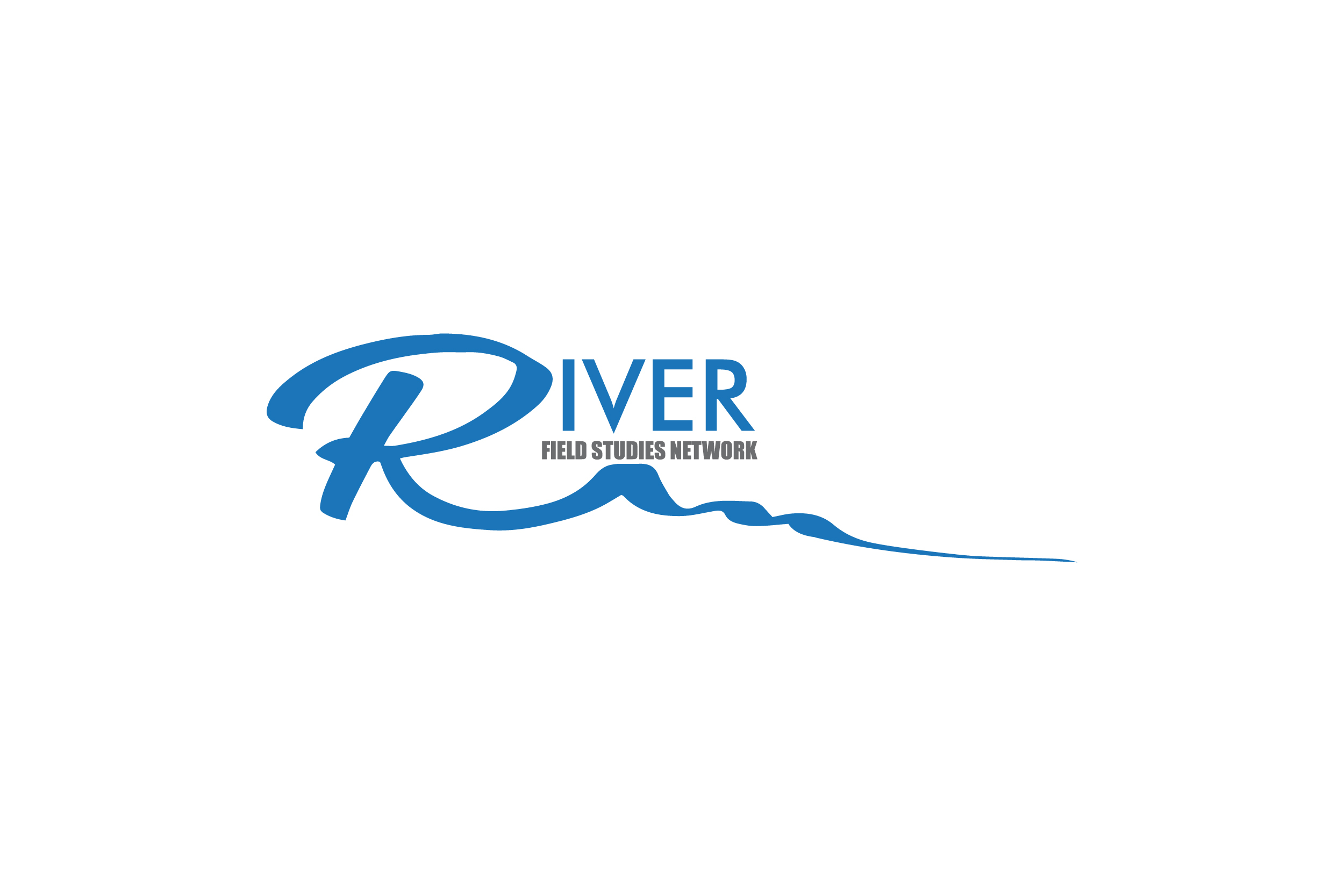The River Field Studies Network
Field studies are at the heart of biological education and discovery. They connect students to learning objectives, peers, instructors, and communities through immersive active learning in “real world” environments. They can help overcome achievement gaps, propel inclusion, catalyze career interest, and create informed and engaged citizens. Unlocking these benefits, however, requires instructors prepared for a unique and growing set of challenges. Historically, professional development in academia for field studies instructors has been informal. In the absence of training structures, field studies’ growth was driven by passionate instructors making the same mistakes and discovering the same solutions largely in isolation from one another. That model, never ideal, has now become unsustainable. In addition to STEM expertise, field studies instruction today requires a sophisticated grasp of specialized pedagogy and assessment, issues of diversity, equity, and inclusion, and multiple dimensions of risk management. Mastering these is more than many self-taught instructors can manage alone. Without networks of support and guidance, instructors will burn out, risk-averse institutions will shy away, and field studies will continue to decline. Such an outcome would be tragic on many levels, but especially so coming at a time when our rivers are in crisis as well. Connectors of communities and model settings for interdisciplinary STEM education, rivers are also among the most threatened ecosystems globally. At this moment of critical vulnerability, we can ill afford to lose the capacity for active learning bringing students and rivers into contact. The RIVER Field Studies Network is our response to these paired crises.
QUBES Project
The mission of the Quantitative Undergraduate Biology Education and Synthesis (QUBES) project is to improve learning opportunities for all students enrolled in undergraduate biology courses by reflecting the centrality of quantitative approaches in modern biology. One of the ways that QUBES promotes quantitative approaches is by partnering with existing projects and communities to facilitate the discovery and use of their materials. Click here for more information.
The River Field Studies Network / QUBES Collaboration
The River Field Studies Network and QUBES have joined forces to:
- Disseminate open-source educational materials designed by RFSN members to support quantitative freshwater STEM field education
- To gather and curate existing QUBES content focused on freshwater issues
- Use the QUBES Hub collaborative tools to promote conversations about, and collaborations around, river field studies teaching materials

